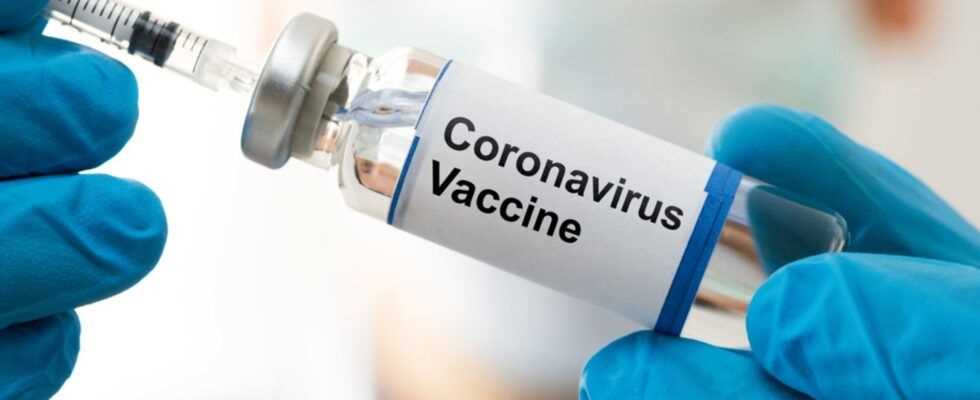Corona current
How do the corona vaccines differ?
© Andrey_Popov / Shutterstock
The first people in Germany are now being vaccinated against the coronavirus. But how do the approved vaccines differ? Here is an overview.
Biontech / Pfizer and Moderna: The vaccines at a glance
Both the vaccine from Biontech / Pfizer and the agent from Moderna have now been approved in Germany and are used for vaccination. However, one cannot choose which vaccine is used – therefore we explain here where they are the same and what differences there are.
Both vaccines are so-called RNA vaccines, which means they are gene-based. The products contain the so-called spike protein, part of the genetic information of the coronavirus.Viruses can only attach themselves to human cells with the help of this special protein. With the vaccination, the body's own cells begin to produce this protein – which ultimately enables antibodies to be formed. It is the first time that RNA vaccines have been approved for treatment in humans. Also important to know: The vaccine does not change the DNA.
Effectiveness of the vaccines
Both vaccines were able to convince with a high level of effectiveness during the so-called phase 3 study: Moderna's vaccine is 94.1 percent effective 14 days after the second dose, according to the company's study results. The remedy from Biontech / Pfizer comes to an effectiveness of 95 percent seven days after administration of a second dose.
It is not yet clear whether this high level of effectiveness can also be achieved if masses of people are vaccinated. It is also unclear how long the vaccination can protect against the coronaviruses and whether someone who is vaccinated could still infect other people. After all: Experts assume that both vaccines can also work against the highly contagious new mutation of the virus that has emerged in Great Britain.
Who is the vaccination suitable for?
In general, the Biontech / Pfizer vaccine can be given to people aged 16 and over, Moderna's remedy for ages 18+. However, Moderna has just started testing its vaccine in 12 to 17 year olds. According to the Robert Koch Institute, it is not yet foreseeable whether there will be a vaccination recommendation for this age group. Studies on this are being planned.
How often do I have to get vaccinated?
In this respect, too, the vaccines do not differ from one another: both agents must be administered twice. Only the time of the second vaccination varies. The product from Moderna has to be re-vaccinated four weeks after the first vaccination, with the vaccine from Biontech / Pfizer the interval is about three weeks. Both remedies are inoculated into the upper arm muscle. The vaccine remains there for a few hours, which gives the body time to adjust and initiate an appropriate immune response.
The Moderna product is delivered ready to use, Each dose contains approximately 100 micrograms of the vaccine. The Biontech / Pfizer product contains only 30 micrograms of the vaccine and must be diluted with a sodium chloride solution before vaccination.
What side effects are to be expected?
By and large, both vaccines had only mild to moderate side effects, which disappeared after about one to three days. The participants in the phase 3 study accordingly suffered from fatigue, headache and muscle pain and / or slight pain at the injection site. In some cases there was also a fever or chills. Both vaccines were more likely to have side effects after the second dose. It was noticeable that side effects were generally somewhat more common than with flu vaccines, and that these were somewhat stronger.

